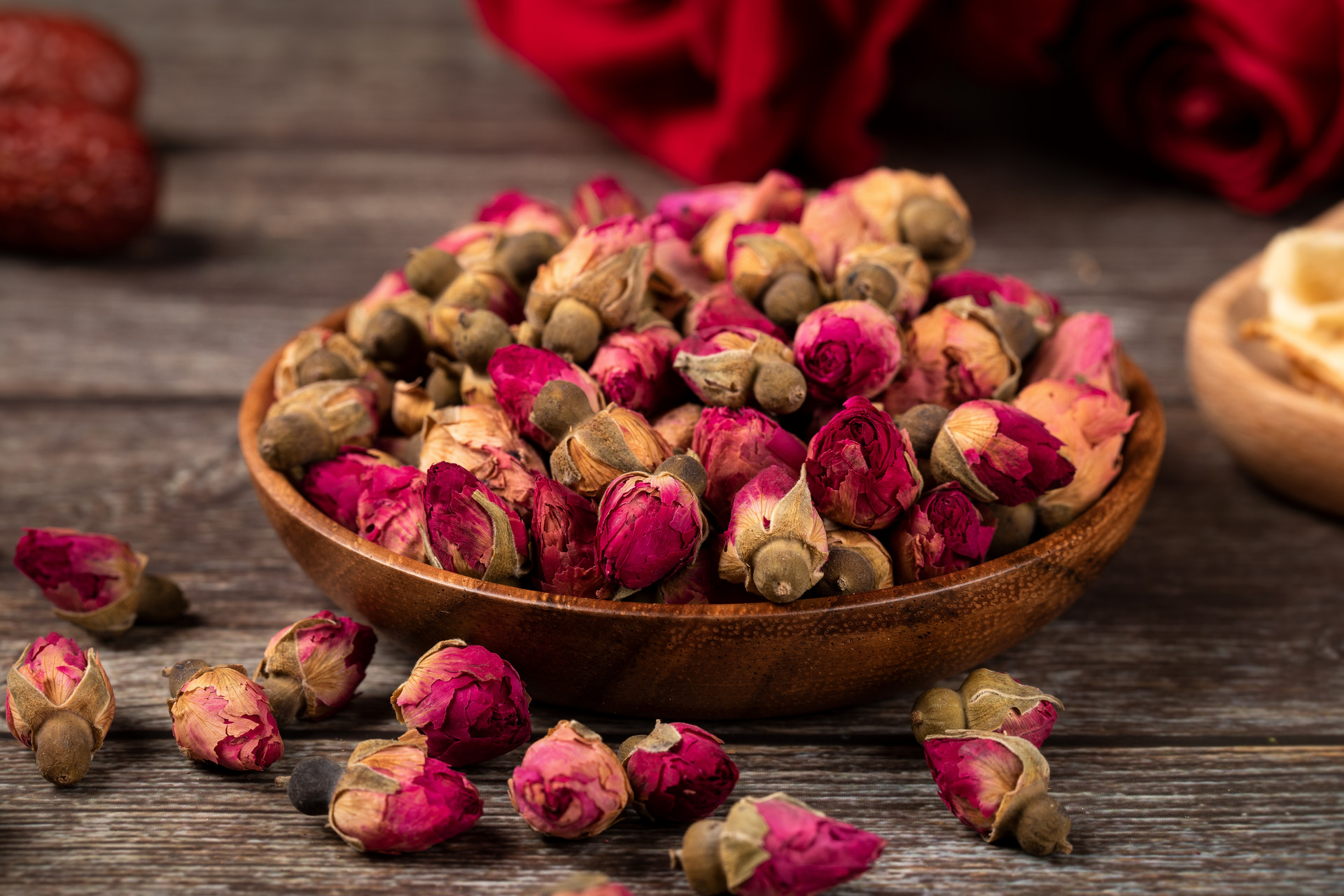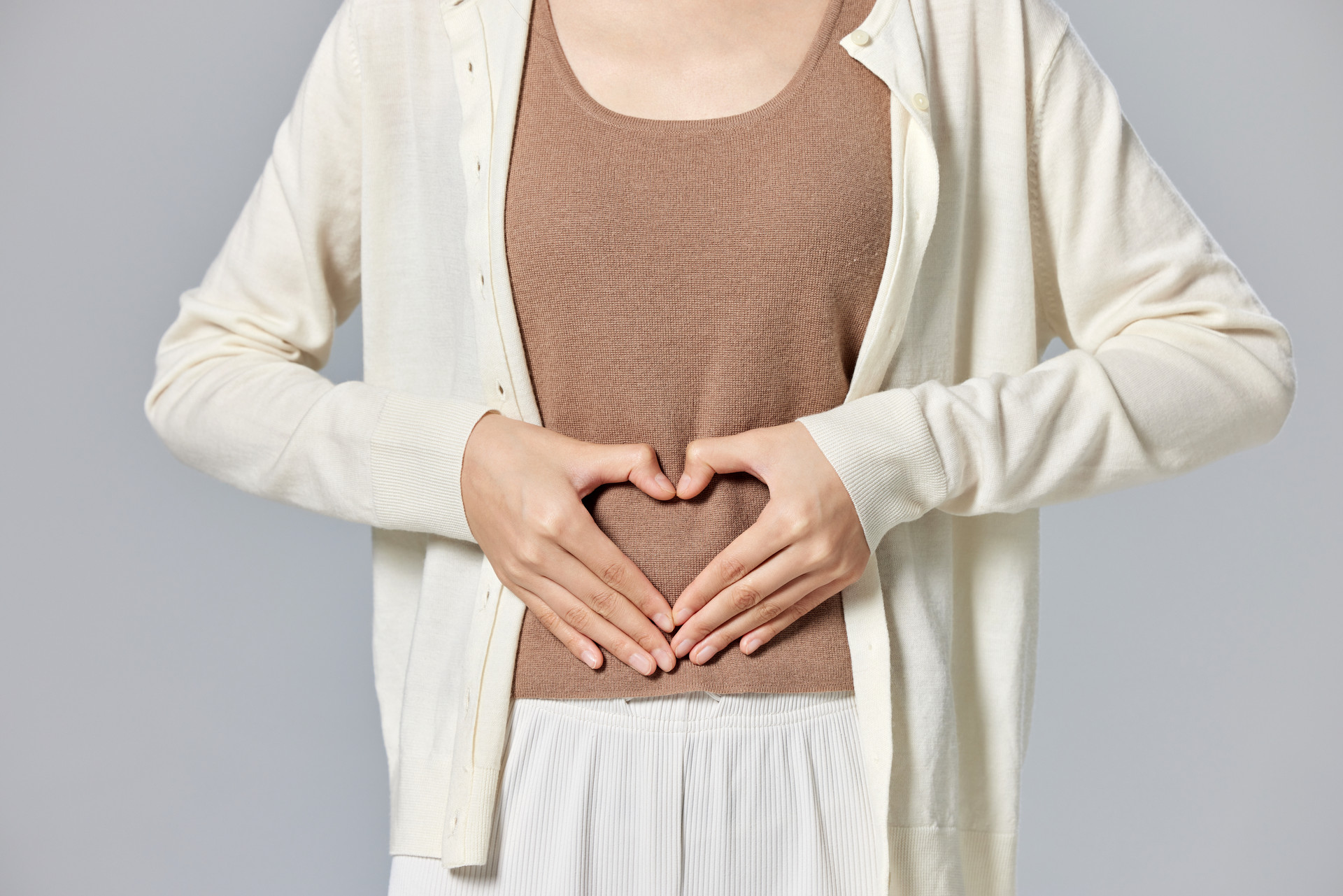Traditional Chinese medicine believes that the main causes of dysmenorrhea (also known as menstrual cramps) are emotional discomfort, liver qi stagnation, qi stagnation and blood stasis, sensitivity to cold, obstruction of meridians by stasis of cold and dampness, and deficiency of qi and blood.
Where is the problem with dysmenorrhea
Dysmenorrhea is not a disease, but it can be excruciatingly painful. Many people may never understand the pain of dysmenorrhea in their lifetime.
In medical terms, pain is categorized into 12 levels, with the mildest pain being mosquito bites, which is level 1, and the most intense pain being the pain during childbirth, which is at level 12. Dysmenorrhea is at level 8, while the pain from being beaten with a stick is only at level 7. Statistics show that two-thirds of girls are troubled by dysmenorrhea (the remaining one-third is truly enviable), experiencing pain once a month for several days. The feeling is indescribable.
Dysmenorrhea is one of the most common gynecological symptoms, characterized by abdominal pain and bloating before or during menstruation, accompanied by lower back pain or other discomfort. Severe symptoms can affect the quality of life.
In clinical practice, dysmenorrhea is divided into two categories: primary dysmenorrhea and secondary dysmenorrhea. Primary dysmenorrhea is caused by excessive secretion of prostaglandins in the body, and is the most common type of dysmenorrhea. When menstruation occurs, the endometrial tissues secrete more prostaglandins, causing uterine contractions and abdominal cramps. Prostaglandins can also be distributed to the gastrointestinal tract, urinary tract, and blood vessel walls through the bloodstream, causing accompanying symptoms such as nausea, vomiting, and headache. In some cases, primary dysmenorrhea in females is caused by pain due to the inability of menstrual blood to flow smoothly out of the body, such as cervical stenosis or retroverted uterus.
Secondary dysmenorrhea refers to the presence of organic lesions in the pelvic cavity. It mainly refers to dysmenorrhea caused by endometriosis and adenomyosis. The etiology of secondary dysmenorrhea is not completely the same as that of primary dysmenorrhea, and the harm to the body is much greater than that of primary dysmenorrhea.
In ancient times, menstruation was referred to as "monthly affairs" or "monthly signs." The Yellow Emperor's Inner Canon records: "When a woman reaches the age of 14, the Heavenly River arrives, the Conception Vessel is unblocked, the Great Rushing Vessel is active, and the monthly affairs occur on time, resulting in pregnancy... When she reaches the age of 49, the Conception Vessel becomes weak, the Great Rushing Vessel declines, the Heavenly River is depleted, and the passage between heaven and earth is blocked, resulting in physical deterioration and infertility." In other words, menstruation occurs because of the abundance of kidney qi, the arrival of the Heavenly River, the unobstructed Conception Vessel, and the active Great Rushing Vessel. Only when the function of the organs is normal and the qi and blood are harmonious, can menstruation occur on time. On the contrary, if menstruation is not normal, it indicates that there is a problem with the body.
Traditional Chinese medicine believes that menstrual period is closely related to kidney qi. The term "kidney qi" here does not refer to the kidneys themselves, but represents a function. Kidney qi deficiency indicates that the function of the "kidney" system is imbalanced or insufficient, affecting the Chong and Ren meridians, leading to menstrual irregularities.
Relieving menstrual pain: Scientific protection is the key
Pay attention to keeping warm. Women must pay attention to keeping warm during their menstrual period. Most dysmenorrhea symptoms are caused by cold, especially now when many girls pursue a slim figure. Extreme weight loss, wearing stockings in cold weather, exposing the belly button or ankles, etc., can all cause varying degrees of dysmenorrhea.
In traditional Chinese medicine, the uterus is not only the organ that produces menstruation and nurtures the fetus but also includes the gynecological reproductive system and its related functions. "Uterine coldness" literally means "coldness in the uterus" and is not found in the literature of traditional Chinese medicine or related gynecological books. However, "uterine coldness" has become a popular term.
"Uterus" here refers more to the female internal reproductive organs (uterus, fallopian tubes, ovaries) and their functions. Therefore, understanding "uterus" as "womb" helps to better understand the meaning of uterine coldness and the diseases it refers to.
"Cold" is first and foremost a common cause of disease in traditional Chinese medicine, referring to the invasion of external "cold" into the human body through exposure to cold water, exposure to coldness in nature, or consumption of cold foods. This "cold" stagnates in the meridians and organs of the body, including the womb, and is often referred to as "excess cold." On the other hand, "cold" in traditional Chinese medicine also refers to the accumulation of pathological cold in the meridians and organs of the body, which is caused by the inability of the body's spleen and kidney yang to properly transform water and dampness, resulting in the stagnation of coldness in the meridians and organs. This type of cold is often referred to as "deficiency cold." Therefore, the broad sense of "uterine coldness" refers to a series of diseases caused by the stagnation of external cold or internal coldness in the female womb due to spleen and kidney yang deficiency, resulting in impaired uterine function.
Warmth and coldness are indicators of the foundation of a woman's body. A warm uterus allows smooth circulation of qi and blood in the body, regular menstruation, and the development of fertilized eggs. If the uterus is affected by cold, blood and qi will coagulate, and the body's appearance cannot be maintained, let alone the reproduction of offspring.
Therefore, during menstruation, it is important to pay special attention to keeping the abdomen, legs, and feet warm. In summer, it is best to wear an extra layer in air-conditioned rooms to avoid catching a chill. In winter, do not let the cold harm the uterus. Dress warmly and do not neglect the well-being of your body in pursuit of sexiness. In addition, you can use hot water bottles, heating pads, and other heat-producing products, as well as soak your feet in mugwort water.
Drink hot water. Drinking hot water can alleviate the discomfort caused by dysmenorrhea. Traditional Chinese medicine believes that warmth promotes circulation and relieves pain. Drinking hot water can dilate blood vessels, accelerate blood flow, and thereby reduce pain.
When drinking hot water, you can add some ginger and brown sugar, which have the effects of dispelling cold and regulating qi and blood, making them excellent products for women's health. Ginger is believed to have a warm and pungent nature, which can promote the circulation of qi and blood throughout the body and expel coldness. Brown sugar has the effects of replenishing qi and nourishing blood, invigorating the spleen and warming the stomach, dispelling wind and cold, and promoting blood circulation and resolving stasis. Therefore, ginger and brown sugar water is very helpful for smooth menstruation and relieving dysmenorrhea. It not only warms the body and increases energy but also promotes the circulation of qi and blood and accelerates blood flow, making menstruation smoother.
Acupoint massage. When menstruation comes, you can massage the Sanyinjiao (SP6) and Taichong (LV3) acupoints, which are beneficial for promoting blood circulation and qi flow. Sanyinjiao is located on the inner side of the lower leg, three finger-widths above the inner ankle; Taichong is located on the back of the foot, between the big toe and the second toe. Massaging these two acupoints can help alleviate symptoms when experiencing dysmenorrhea or abdominal pain.
Maintain a relaxed and good mood. Before, during, or after menstruation, when the body is tired, even a slight discomfort can make one irritable and have the urge to argue. If there is already some dysmenorrhea and mood swings, it will only worsen the pain.
At this time, you can listen to music to alleviate stress, read or write to calm your mind. Also, no matter how busy your work is, you should exercise at the right time, especially for those who sit in front of a computer for a long time. Stand up and move around, stretch your bones and muscles, and promote the smooth circulation of qi and blood.







